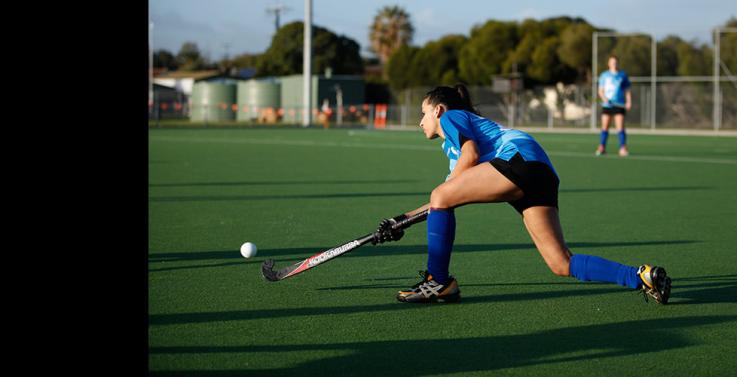
Nine critical factors for elite sporting success have been pinpointed in the largest study in elite sport policy to have ever been undertaken.
Known as the Sports Policy Factors Leading to International Sporting Success (SPLISS) 2.0 study, the six-year project involved research teams from 15 countries – including sports scientists from Victoria University, 3142 top level athletes, 1376 elite coaches and 241 high performance directors.
Victoria University’s Hans Westerbeek, Dean of the College of Sport and Exercise Science, said finding the nine key factors was achieved through a landmark research collaboration.
“We had 58 researchers and 33 policy organisations collaborating on the project which saw 3000 pages of data collected on characteristics of efficient policy,” Professor Westerbeek said.
“One of the key discussions when it comes to elite sport competition is to what extent medals can be “bought” because the countries that invest most in elite sport such as Korea, Japan, France, Australia and Canada are also the most successful nations in summer/winter sports.”
The nine pillars leading to elite sporting success are:
- Financial support
- Structure and governance in elite sport
- Sports participation
- Talent identification and development
- Post athletic career support
- Training facilities
- Coach education and support
- International competition
- Scientific research and innovation.
